Swiss approve reform of jobless benefit scheme

The Swiss have voted to accept a reform of the country's unemployment insurance provision.
In Sunday’s ballot, 53.4 per cent of voters said yes to government plans to shore up the debt-ridden social security scheme. Trade unions and centre-left political parties had called a referendum to challenge the reform.
Despite the convincing result, turnout was low, at 35 per cent of the electorate. The average is 45 per cent.
In first reactions, the coalition backing the reform said the yes vote was a signal that people wanted solutions to the problems of the social security system. The Trade Union Federation, on the other hand, expressed concern and called for support for regions still affected by the economic crisis.
East-West divide
Results showed a clear division between the majority Swiss-German and French- and Italian-speaking cantons. Whereas many cantons in the German-language area voted overwhelmingly in favour, many in the French part voted roundly against, as did southern Ticino.
In the eastern canton of Appenzell Inner Rhodes, 73 per cent voted for, whereas in Jura, in western Switzerland, 76 per cent said no.
The legislation hopes to raise additional revenue of SFr646 million ($659 million) for the insurance scheme through an increase in salary deductions.
The unions and the left opposed planned restrictions on eligibility to benefits, particularly for the young jobless.
The government and a majority in parliament argued the proposed reform was balanced and justified by the need to secure the future of the scheme.
The government also said the reform would do away with measures which discourage the unemployed from applying for jobs and pledged to implement it in a fair manner.
Above average
The State Secretariat for Economic Affairs claims that unemployment benefits in Switzerland are above average compared with other European countries.
The insurance scheme’s SFr7 billion in debts is blamed on a higher than expected unemployment rate over the past few years.
The insurance system was devised for a jobless rate of 2.5 per cent, but the average has stood at 3.3 per cent in recent years. It is currently at 3.6 per cent, according to the government.
Contributing to the insurance scheme has been mandatory for all employees for more than 30 years.

More
Referendum
Challenge
The unions, backed by the centre-left Social Democrats and the Greens, criticised the reform as an attack on the weakest members of society, including the young jobless, those aged over 55 and employees with health problems.
Opponents called for top earners to be forced to pay higher contributions to the scheme. They accused the government of using misleading information to win support for the reform.
The left have put social justice high on their political agenda. In a referendum last March they successfully challenged planned cuts in occupational benefits.
Another ballot on social security is scheduled for November, when voters will have the final say on an initiative to abolish tax breaks for the wealthy.
Fierce opposition is also expected to plans aimed at amending the state-run old age pension system, including raising the retirement age of women to 65. Parliament is due to decide on this next week, the last week of the current parliamentary session.
About five million Swiss, including registered expatriates, were eligible to vote.
As a rule ballots take place four times a year.
As part of continuing trials with electronic voting, a limited number of citizens in several cantons were allowed to participate in the ballots via computer.
Ballots also took place in many cantons and at a local level on a broad range of issues.
Proposals to introduce the right to vote for foreigners were voted on in Bern and Basel City. The proposals were thrown out in in both cantons.
In Nidwalden voters said yes to nuclear energy.
Solothurn and Basel Country voted yes to Harmos, a controversial plan to boost regional cooperation on schools.
Voters in the city of Bern decided to retain a notorious alternative culture centre which a rightwing committee wanted to close down.
(With input from Urs Geiser)

In compliance with the JTI standards
More: SWI swissinfo.ch certified by the Journalism Trust Initiative
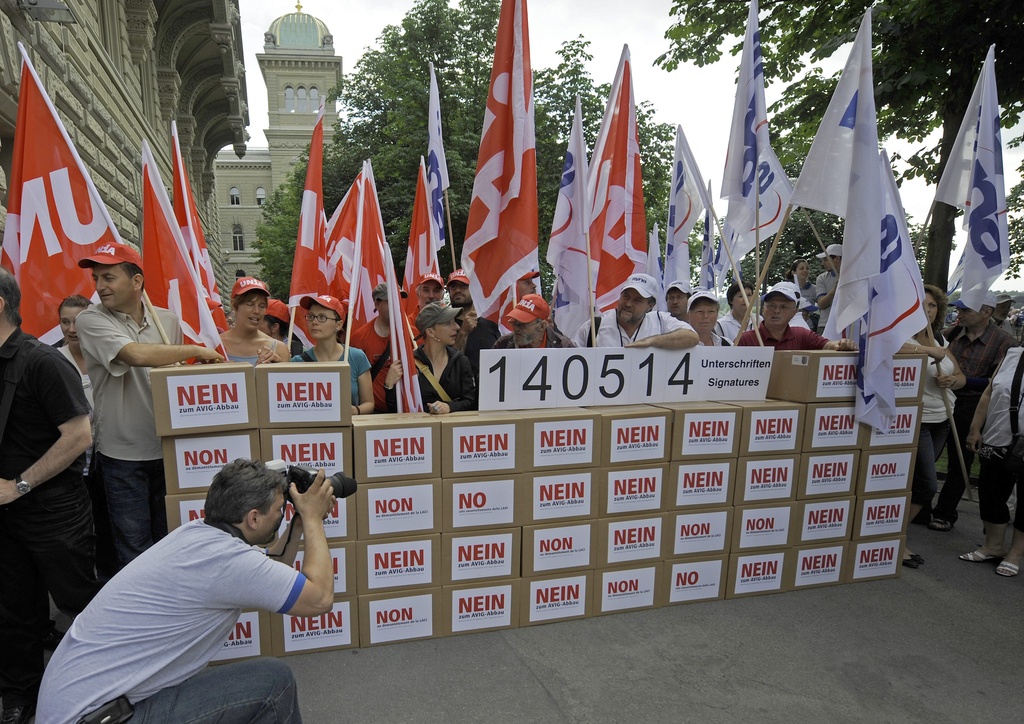
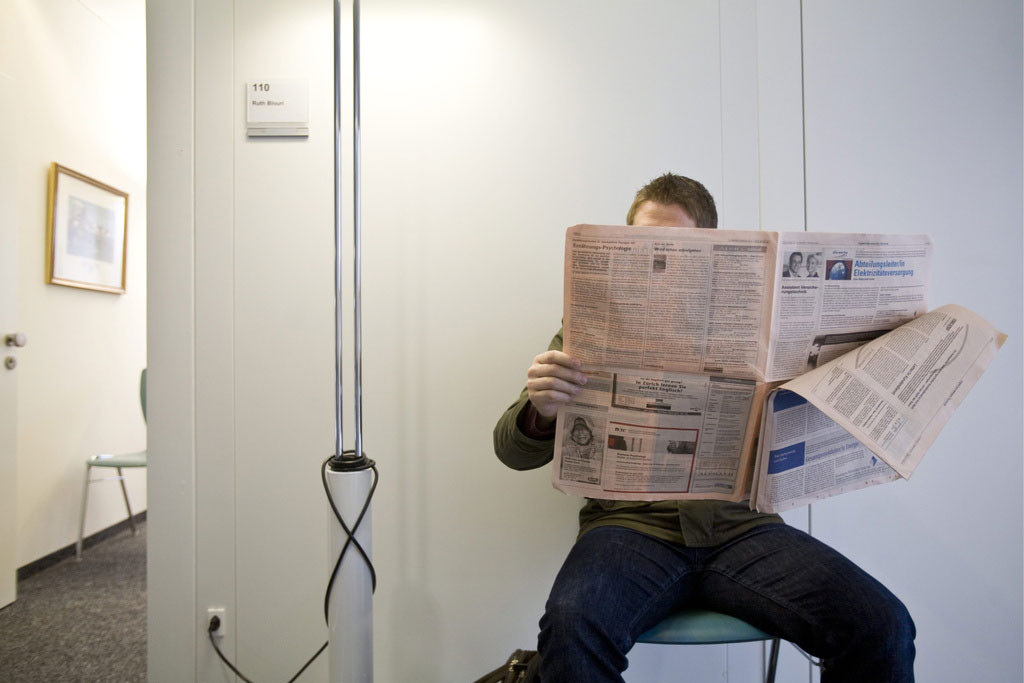

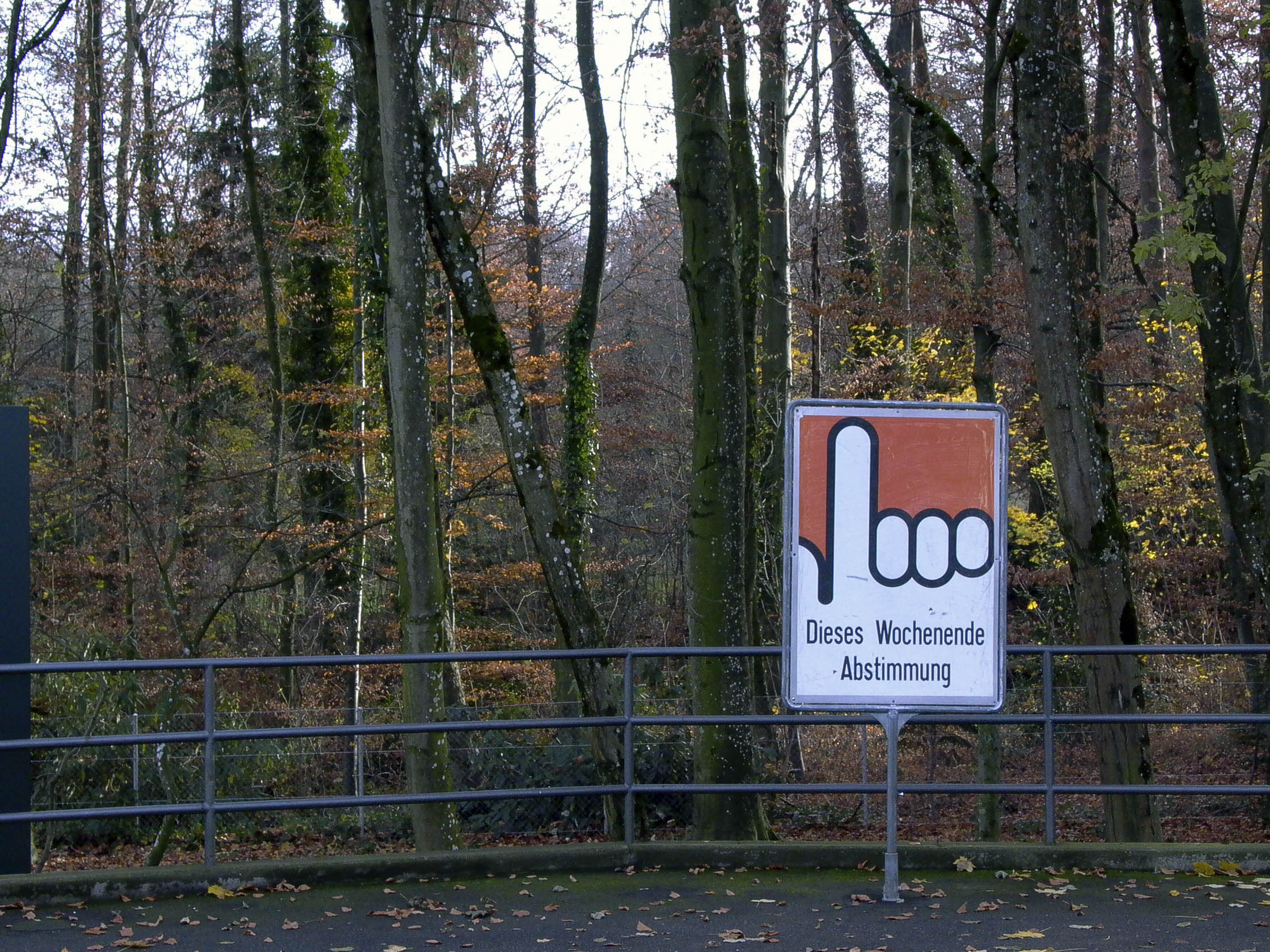
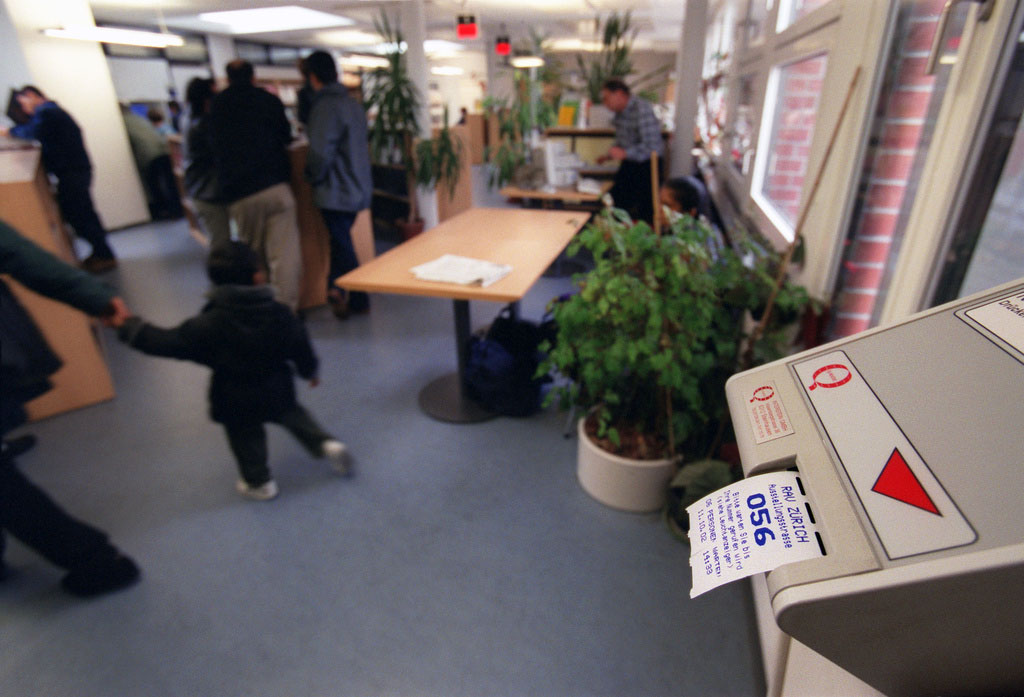
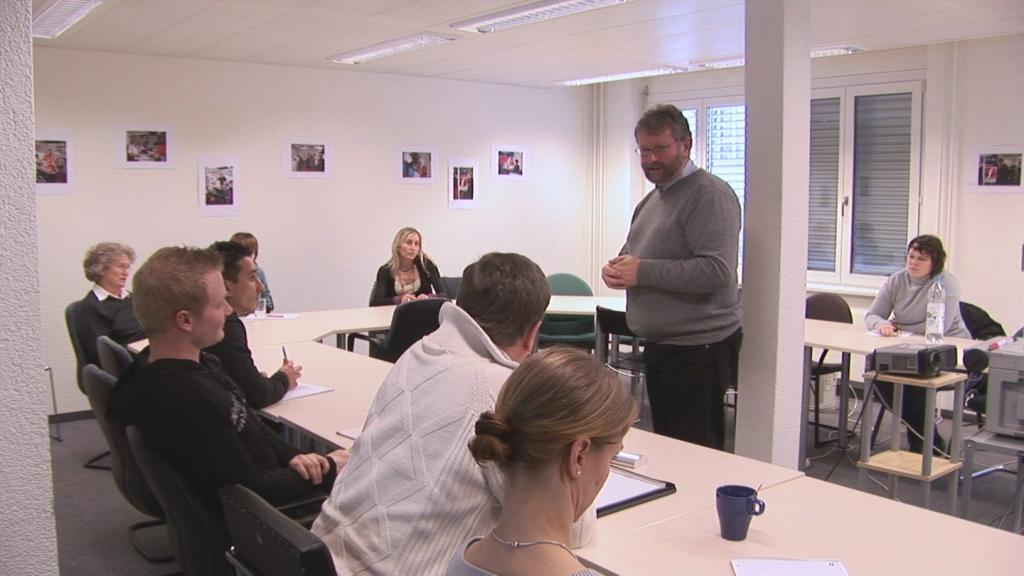
You can find an overview of ongoing debates with our journalists here. Please join us!
If you want to start a conversation about a topic raised in this article or want to report factual errors, email us at english@swissinfo.ch.